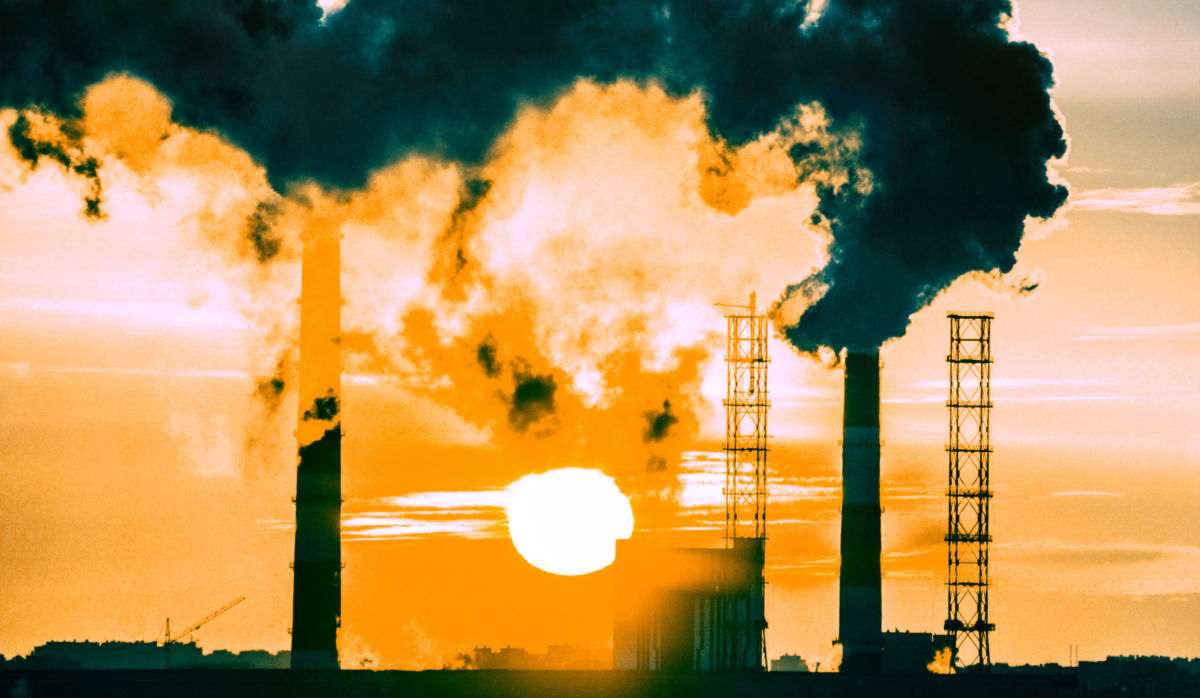International climate negotiations have failed to curb runaway greenhouse gas emissions since the first UN treaty on emission reductions was adopted in 1992. Consumer-focused solutions to climate change such as eating less meat or reducing food mileage, though important, simply won’t be enough to address the systemic nature of the crisis. So what needs to be done to halt global warming? Truthout spoke to Simon Pirani about his newest book, Burning Up: A Global History of Fossil Fuel Consumption, and the prospects for transitioning to a post-fossil fuel world.
Anton Woronczuk: Burning Up situates the last few decades of accelerating fossil fuel consumption alongside the social and economic history of energy production and policy. How does this context help us understand what is driving, and what has driven, the growth of greenhouse gas emissions through today?
Simon Pirani: When people think about the threat of dangerous climate change, and decide they want to do something about it, it is not easy to work out what to do. It is clear we have to move away from fossil fuels, but not clear how. Governments claim they have solutions, which people instinctively (and rightly) disbelieve, and newspapers report simple, bullet-point proposals – such as “stop eating meat” – the effect of which is unclear. Moving away from fossil fuels is difficult because they are so deeply embedded in economic activity, in the way that we live. In Burning Up I hoped to make clearer how that has happened through recent history.
Take the example of cars and urban infrastructure based on them. There are technological drivers. Using an internal combustion engine for motor transport was a truly remarkable innovation. But it took place in an economic and social context: the rise of American capitalism. The USA had oil resources. It had aggressive entrepreneurs who not only pioneered the use of production lines to build cars – and to help discipline and control the workers who made them – but also dreamt up sales techniques to turn the car into a marketable commodity and an object of consumerism.


